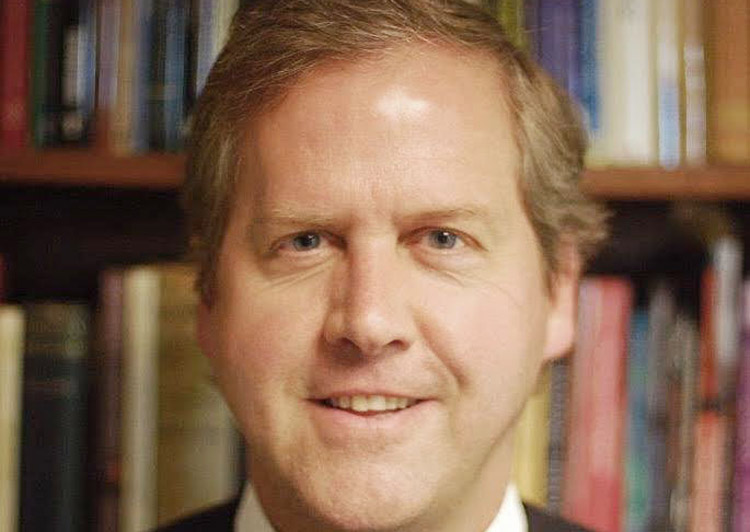
By Marek P. Zabriskie
Before entering seminary, I took a class in my church called Education for Ministry or EfM, which is the most in depth class offered for adults in the Episcopal Church. Students meet once a week for four years to study the Old and New Testaments, church history and theology.
Each student also presents his or her own spiritual autography to the class. It was a great experience to do this and to listen to others tell their spiritual story.
During the ordination process, I had to tell my spiritual autobiography many times. Each time, I had to speak about the events, experiences, people, mentors, places and books that transformed my life and led me to feel that God was calling me in a very clear direction.
How would you tell your spiritual autobiography? Where did it begin? What is your earliest spiritual memory? What books, events, people and experiences transformed you spiritually?
Who helped you to develop spiritual vision? Where have you been broken and healed so that you may now heal others using your wounds and compassion to bring hope to others?
In doing this exercise, I found a series of random events that when examined together seemed like pearls held together on a golden string. Each event led to something else as if my life were being guided by an invisible hand. It was providence, not happenstance.
I recently picked up a book that I had read several years ago called The Golden String by Bede Griffiths, a Roman Catholic priest from England who established a Christian ashram in India. He devoted his life to studying Hinduism and Christianity and eastern and western faith traditions.
The Golden String is his spiritual autobiography. He took the title from a poem by English poet William Blake. Early on, Griffith tells the story of attending boarding school and in the evening hearing a chorus of birds singing from a tree around sunset. He writes,
Everything grew still as the sunset faded and the veil of dusk began to cover the earth. I remember now the feeling of awe which came over me. I felt inclined to kneel on the ground, as though I had been standing in the presence of an angel; and I hardly dared to look on the face of the sky, because it seemed as though it was but a veil before the face of God.
Griffiths had an authentic, religious, mystical experience. It took place in nature. He sensed a oneness with all creation. It seemed as if a veil had been lifted. For a moment, he comprehended an inexpressible beauty and unity to all things. He wrote of this mystery saying:
Suddenly we know that we belong to another world, that there is another dimension to existence. It is impossible to put what we have seen into words; it is something beyond all words which has been revealed.
Studies show that some 75 percent of Americans have had a religious/mystical experience, but most are reluctant to speak about it.
Griffiths, however, allowed this experience to propel him into a profound spiritual journey that lasted throughout his life. I myself have had such an experience, and it continues to inform my spiritual journey each day.
Griffiths studied at Oxford with C.S. Lewis, who he described as “the most exact and penetrating mind that I had ever encountered…” Lewis at the time was an agnostic.
It was while the two men were reading philosophy together that Griffiths was gradually brought back to Christianity. At first, he had an intellectual conversion. Later, he connected his head to his heart as his conversion deepened.
Together, Lewis and Griffiths read and discussed William Law’s Serious Call to a Devout and Holy Life and Joseph Butler’s Analogy of Religion. “I was not interested in systems and dogmas; I wanted to find a philosophy by which I could live,” notes Griffith. In time, he sought religious responses to his philosophical questions such as what is the meaning of life?
Griffiths and two friends moved to a cottage in the Cottswalds, where they lived a very simple life devoted to reading, writing and meditation. Griffiths wrote:
It would be difficult to define exactly what we were seeking but I think that in an obscure way without knowing it we were seeking God.
He read the novels of Thomas Hardy and Leo Tolstoy, the poetry of Wordsworth, Swinburne, Shelley, T.S. Eliot, Keats and Dante and the works of Aristotle. He studied the Bhagavad Gita, the Buddha’s Way of Virtue (a version of the Dhammapada) and the Sayings of Lao Tzu.
As I reread the story of Griffith’s conversion and transformation, his story reminded me of my own spiritual journey, and I recalled again how in careful reflection upon the events and encounters of our lives we may find a golden string that has led us home to God.
The Rev. Marek P. Zabriskie, Rector of Christ Church Greenwich




